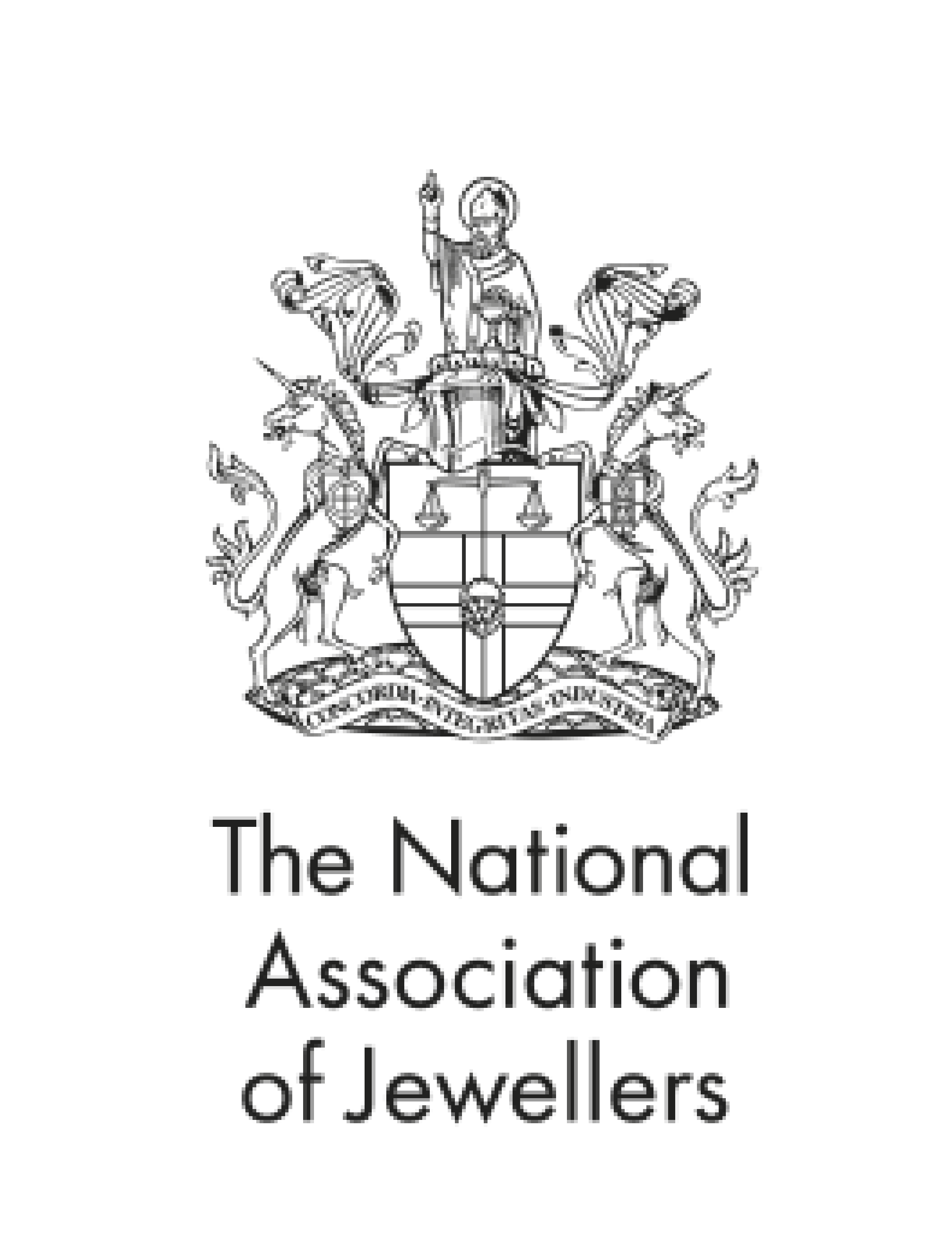
WATCH BUYER'S GUIDE
Buying a watch is an investment, and we don’t want you to feel like you have to make that decision on your own. We want to equip you with everything you need to know, to successfully find your new timepiece and feel confident in your decision.
SETTING YOUR BUDGET
First and foremost, you need to set your budget. We don’t want you to feel overwhelmed by the volume of watches that are out there in the market. It is a good idea to start your search based on how much you would like to invest.
WATCH MOVEMENT
The next thing to think about is the movement of your ideal watch. In the broadest of terms, there are two types of watch; those powered by a mechanical movement, and those powered by a battery-powered quartz movement. Being battery-powered means that quartz movement watches are extremely accurate and require lower maintenance. Keeping perfect time would be your motivation for purchasing a quartz watch. A mechanical watch is the most traditional form of watchmaking. They are made up of hundreds of pieces and assembled by hand requiring utmost precision from skilled watchmakers. This means they are more expensive than quartz both to buy and to maintain, but they hold their value in the long run and will always be able to be repaired as parts will always be available. Choosing a mechanical watch is choosing a watch for a lifetime that can be passed down generations.
HOW TO SIMPLIFY COMPLICATIONS
You’ll notice that some watches have extra dials and hands: these are called complications. These go from the “chronograph” (the one with stopwatch functionality, used extensively in motor sport models) to the “GMT”, which provides a fourth hand that can be set to the alternative time zone of the wearer’s choice.
WHY SIZE MATTERS
Just as there is no typical wrist size, there is also no typical watch size. Some timepieces are large, most have a case diameter of between 34-44mm. The thickness of the case also affects how the watch looks.
A STRAPPING GOOD WATCH
The thing that binds your timepiece to your wrists is hugely important in the character of your watch. A metal bracelet looks great on more masculine, chunky watches, while leather is the choice for conventional, dressy timepieces.
ACCURACY ISN'T EVERYTHING
Nothing can compete with a quartz watch on keeping time accurately, but a good automatic watch should only lose or gain 30 seconds or so in a week. If you’re after a super-accurate mechanical watch, then look for one that’s been certified as a “chronometer” by COSC (Contrôle Officiel Suisse des Chronomètres). These watches account for only six per cent of all mechanical watches, which is reflected in their higher prices.








